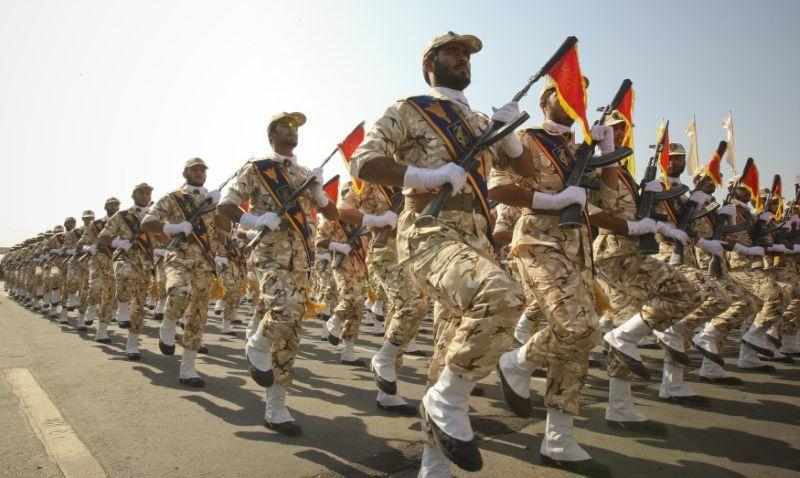President Donald Trump has announced that his administration plans to designate Iran’s Islamic Revolutionary Guard Corps (IRGC) as a foreign terrorist organization. The move, first conveyed to media in an April 8 morning conference call, further escalates pressure on the Islamic regime in Tehran. Shortly after the call, Trump issued a statement with the announcement.
“This unprecedented step, led by the Department of State, recognizes the reality that Iran is not only a State Sponsor of Terrorism, but that the IRGC actively participates in, finances, and promotes terrorism as a tool of statecraft,” the statement read. “The IRGC is the Iranian government’s primary means of directing and implementing its global terrorist campaign.”





